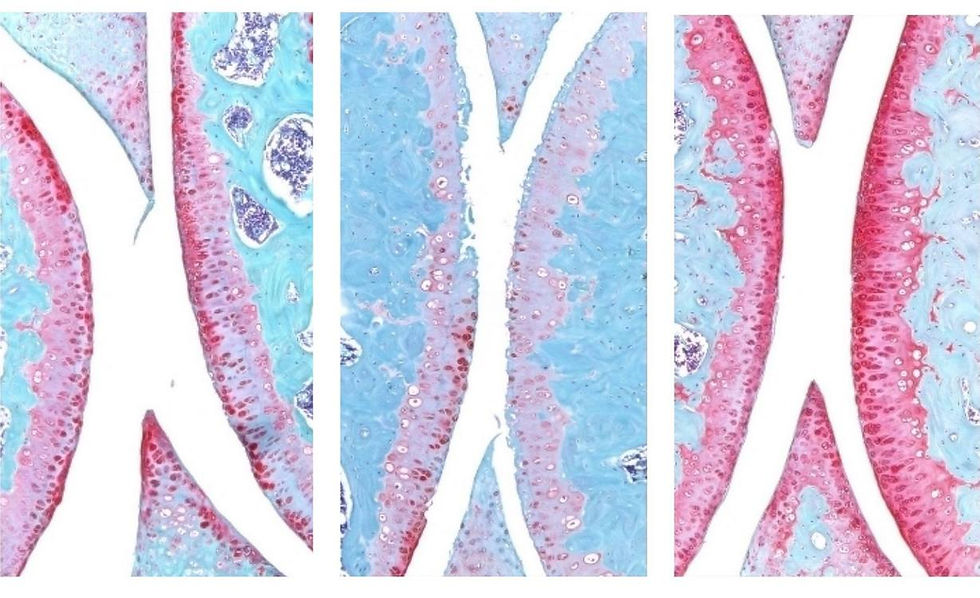Good News Around The World: Regaining Hands After 17 Years, Swiss Man Gets Life-Changing Double Transplant...
- RaMa Holistic Care

- Jul 1, 2025
- 3 min read
The Following Article is From The Good News Network...
When 29-year-old Luka Kriszanac arrived back at University of Penn. Medicine and got to see his surgery team, it was all smiles and handshakes.
That’s more remarkable than it sounds, since the surgery he underwent was a “vascularized composite allotransplantation,” or in layman’s terms, a double hand transplant.
He is one of five people who have undergone this procedure at Penn Medicine—the center of the world’s most advanced knowledge base on the transplantation of the human hand.
An undiagnosed case of strep throat turned into a deadly sepsis infection when Kriszanac was just a 12-year-old boy in Switzerland, and not only were both his legs amputated, but also his hands.
“Regaining hands after 17 years, I don’t think there is a bigger dream than that,” he told CBS News, adding he wants that the family of the donor to know “they changed not just my life but my family’s life forever, and for that, we are deeply grateful.”
After learning about U. Penn’s hand transplant program, Kriszanac began working with a team to evaluate his suitability for a transplant in 2018. L. Scott Levin, Chair Emeritus of the Department of Orthopedic Surgery and professor of plastic surgery and Benjamin Chang, associate chief of plastic surgery, would play the leading roles in the surgery team following the years’ long wait for a donor.
“You do 1,001 activities every day with your hands. Prosthetics cannot simulate or replace that. Our team is very proud of the many things we’ve done as ‘firsts,’” Levin, who has participated in several successful transplantations, told U. Penn press.
“The first child. The first transatlantic vascularized composite allotransplantation. The first in a patient with no lower extremities. The first woman to have hand transplants who later gave birth to a baby.”
Running into a delay from the government restrictions on hospital activities during the pandemic, the wait continued into the 2020s, until finally in 2024, the Gift of Life program connected Kriszanac, Levin, and Chang, with a suitable donor.
That’s harder than it sounds, since not only do the hands have to have a similar genetic and blood profile to the recipient to prevent rejection, they have to be of a similar muscle and bone density, of a similar skin color, and from a donor of a similar age.
Last autumn in the middle of the night, a 10-hour marathon surgery began with one team focusing on preparing Kriszanac, and another addressing the deceased donor who was also there in the operating theater.
Waking up around lunchtime, Kriszanac was astonished with the results, and today through rehabilitation work, is able to prop his head on his hands at a desk, use a finger to push up his glasses, type on a smartphone, hold a cup or a ball, pick up food and eat it, and even feel hot and cold temperatures.
Despite this, Kriszanac will be in contact with U. Penn likely for the rest of his life, such is the length of rehab and risk of complications. It means that the Swiss man has a unique relationship with these professionals across the Atlantic, even after moving back to Zurich with his family.
“When we take this on, we are their doctors and caregivers forever,” says Levin, reflecting on the relationships the hand transplant team builds with their patients. “If they have a problem with rejection or another medical problem, we’re the first to hear about it, and we spring into action. And everybody on every team has that level of commitment, from transplant to nutrition, to coordinators to nurses and therapists.”
Returning to Philadelphia for the first time in June, the air was one of gratitude and joy.



Comments